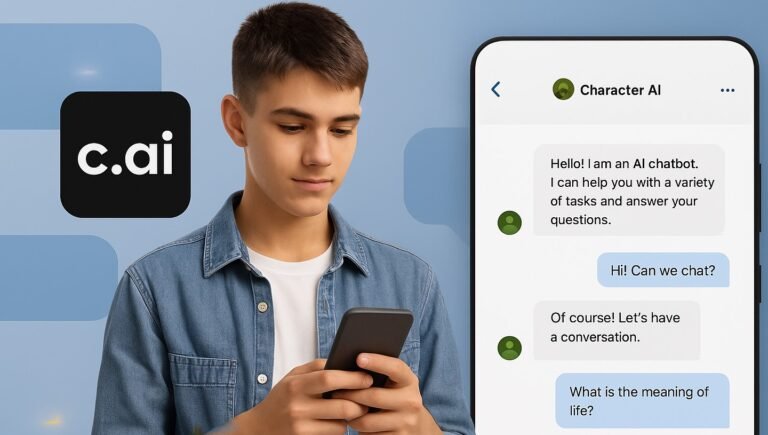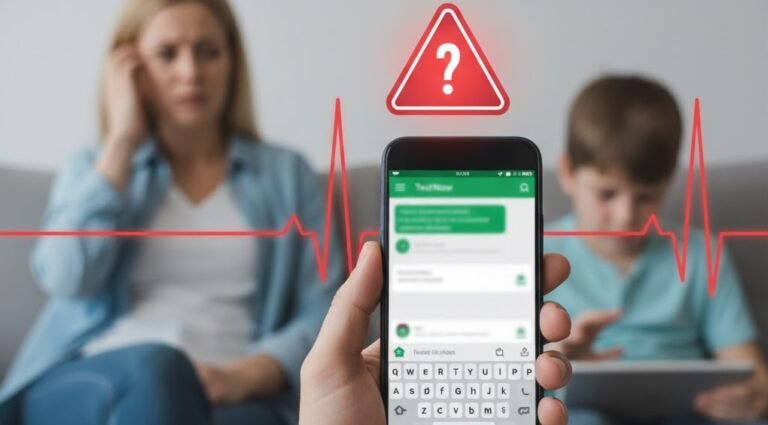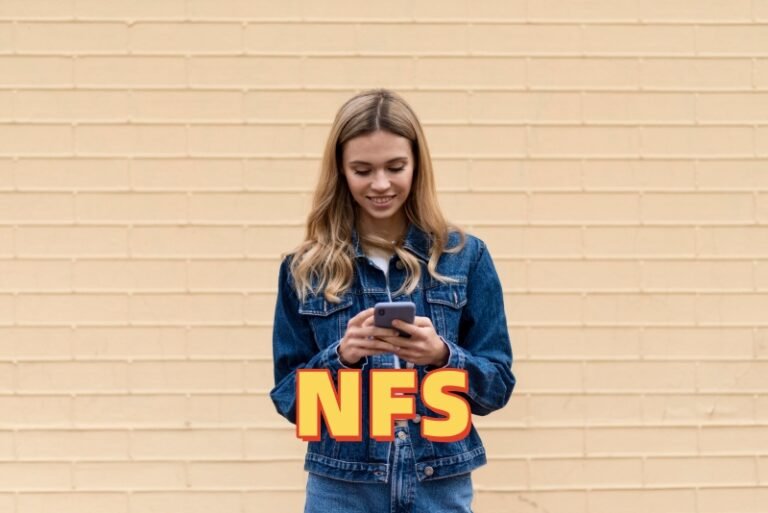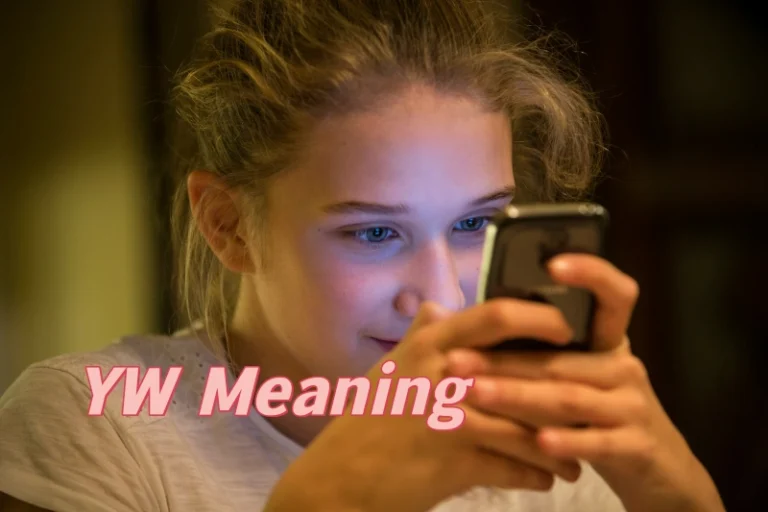If you’ve seen OTP in texts or on social media, you might have wondered what it means. Popular among teens and online communities, OTP has evolved from fan culture to express admiration for relationships. This slang influences how teens communicate, reflecting broader trends in digital conversations, where brevity and shared references dominate.
In this article, we’ll explore the meaning of OTP in teen slang and how it’s used daily. We’ll also discuss the broader context of its popularity. Whether you’re a parent or just curious about online trends, you’re in the right place.
What Does OTP Mean in Teen Slang?
In teen slang, OTP stands for One True Pairing. It refers to a couple, real or fictional, that someone believes is the perfect match. The term originated in fan communities, where people became emotionally invested in relationships between characters in books, movies, TV shows, and other media.
For example, Harry Potter fans might claim Harry and Hermione are their OTP, despite Hermione being with Ron. This goes beyond liking a couple. It reflects a belief that the pair is the perfect match, symbolizing ideal love or friendship.

The Rise in Teen Culture
Though OTP originally emerged from fan fiction and fandom communities, its use has expanded far beyond these spaces. Today, OTP is a mainstream term frequently used by teens in their casual conversations, particularly when discussing relationships—both real and fictional.
A teen might share a post about their favorite celebrity couple on Instagram with the caption, “#MyOTP ❤️,” or comment “#OTP” under a fan-made video of two fictional characters in a TV show. It’s a shorthand for their admiration for the relationship and an expression of their feelings about what makes the couple the ultimate pairing.
OTP and Idealized Relationships
For teens, OTP isn’t just about fandoms; it’s also about how they view relationships in the real world. Using the term can be a way to talk about their crushes or ideal romantic relationships. For example, a teen might say “They are my OTP” when referring to a couple they admire in real life or wish to emulate. It’s an expression of what they believe to be the perfect love story, often inspired by what they see in movies, shows, or social media.
For teens, the use of OTP isn’t limited to romantic love. It can also refer to friendships or bonds they deem especially close. Some teens use the term to refer to platonic relationships, celebrating deep, meaningful connections between best friends, sibling pairs, or other non-romantic relationships. This broader application of OTP makes it a term that’s flexible and versatile in teen slang.
How Do Teens Use OTP in Texts and Online Conversations?
In text conversations, social media, and group chats, OTP serves as an efficient and expressive way for teens to talk about their favorite couples or relationships. Instead of typing out lengthy explanations, teens can simply drop OTP in a sentence to quickly convey their emotions.
For instance:
- “Zendaya & Tom Holland are my OTP. #CoupleGoals”
- “I ship them so hard, they’re my OTP!”
- “OTP alert! Did you see that pic of them together?”
Using OTP this way helps teens communicate efficiently and bond over shared interests. It also provides a shorthand for expressing their emotional attachment to certain couples, whether those couples are real-life celebrities or fictional characters in a TV show or movie.
In these conversations, OTP often acts as a conversation starter. A teen might text their friends, “Do you guys know who my OTP is?” and then proceed to talk about a celebrity couple or their favorite characters from a TV series. This makes OTP a central part of many social interactions among teens today.
The Impact of OTP on Teen Relationships
The influence of OTP extends beyond the digital world. Teens often use it to discuss and process their thoughts about their own relationships. When a teen feels like they’ve met someone they believe is an ideal match, they may use OTP to express their excitement. For instance, “I think we’re OTP,” might be something a teen says when they feel they have found the perfect partner, either in friendship or in love.

At the same time, teens often use OTP to explore their ideas of what makes an ideal couple. This reflects how they perceive love, relationships, and personal connections. For example, if a teen is particularly invested in a movie franchise, they might use OTP to talk about the main characters in that movie, using the term to underscore their belief that those characters belong together.
Why Do Teens Love Using OTP?
The appeal of OTP lies in its ability to quickly convey deep feelings. For teens, using OTP allows them to communicate complex emotions with just three simple letters. Whether it’s expressing affection for a fictional couple or excitement about a real-life relationship, the term provides a shortcut for teens to share their passion and enthusiasm.
Another reason OTP is so popular among teens is that it’s part of the larger digital culture of creating shared shorthand that others in their social circles can easily understand. Teen slang and abbreviations like OTP serve as markers of identity and belonging within a community. By using OTP, teens feel connected to others who share the same interests, whether it’s fandoms, social media trends, or just a love of discussing relationships.
The Influence of OTP in Media and Pop Culture
The widespread use of OTP is a testament to its roots in pop culture. Over the years, many TV shows, movies, and even YouTube influencers have contributed to the rise of OTP by fostering relationships that fans become deeply invested in. These relationships, fictional or real, have led to the creation of large online communities where fans can share their enthusiasm and support for certain couples.
For instance, TV shows like Riverdale, Stranger Things, and The Vampire Diaries have fueled OTP discussions, where fans argue about which couples are the best match. These shows have become central to teen culture, and the term OTP has evolved from a niche fandom term to one used in everyday teen communication.
How Can Parents Monitor Their Teen’s Use of Teen Slang
With so much of teen communication happening digitally, it’s important for parents to stay informed about the slang their kids are using. OTP can give parents a glimpse into their teen’s emotional world, helping them understand who their teen admires, how they view relationships, and what their interests are. However, monitoring a teen’s use of slang can also raise questions about privacy and trust.
One way parents can stay informed is by using monitoring tools like FamiSpy. FamiSpy allows parents to track their teens’ text messages, social media conversations, and app usage. By understanding how their teen uses slang like OTP, parents can ensure their child is communicating safely and responsibly online.
- Monitor text messages and calls to see who your teen is talking to and what they’re discussing.
- Track social media usage, ensuring they’re not engaging with harmful or dangerous content.
- View GPS location to know where your teen is in real-time, providing an added layer of safety.
- Keep track of app usage, ensuring that they’re not using apps or games that could be inappropriate or dangerous.
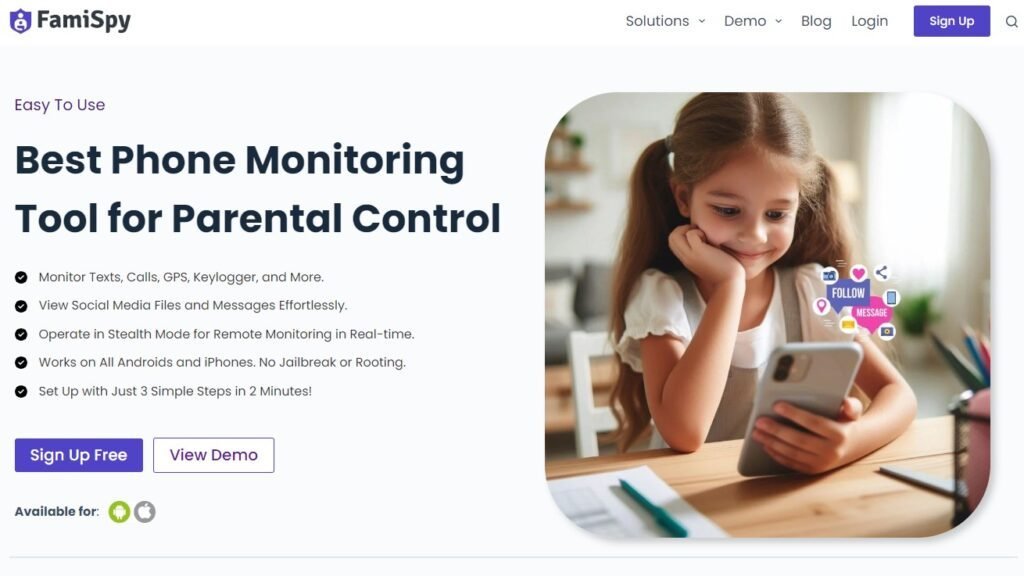
Simple Guide to Monitor a Teen’s Phone using FamiSpy
Step 1: Sign Up for a FamiSpy Account
The first step to using FamiSpy is creating an account. Simply visit the official FamiSpy website and click on the “Sign Up” button. You’ll need to provide your email address and create a secure password to set up your account.
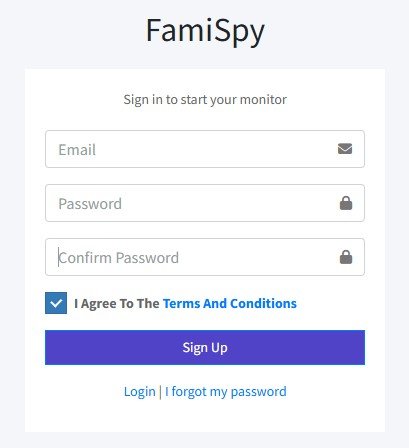
Step 2: Install FamiSpy on Your Teen’s Phone
If your teen has an Android device, you’ll need to enable the option to install apps from unknown sources in the phone’s settings. Then, download the FamiSpy APK from the official website and install it.
If your teen uses an iPhone, the process is slightly different—you’ll need to input their iCloud username and password to link the phone to your FamiSpy account. This allows FamiSpy to sync with the device and start tracking activity without needing physical access to the phone.
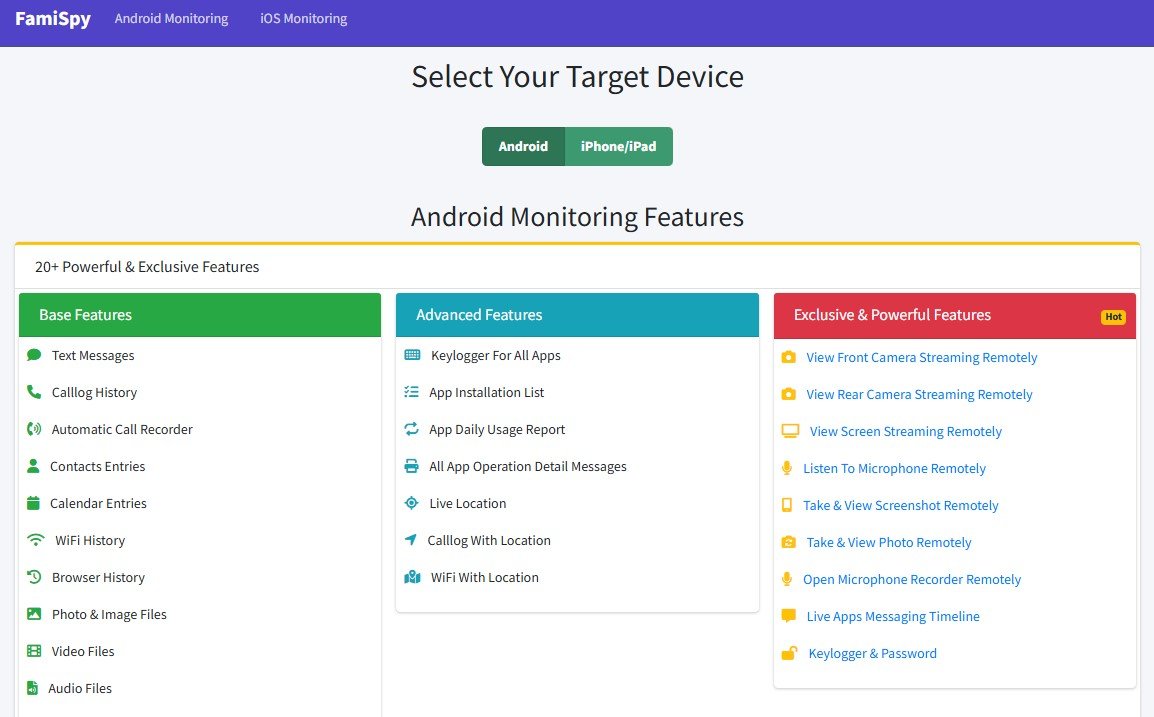
Step 3: Start Monitoring Your Teen’s Phone
After successfully setting up FamiSpy, you can begin monitoring your teen’s phone activity. Log in to your FamiSpy account on your phone or computer to access the monitoring dashboard. From there, you can view detailed reports of text messages, calls, app usage, social media activity, and location data.
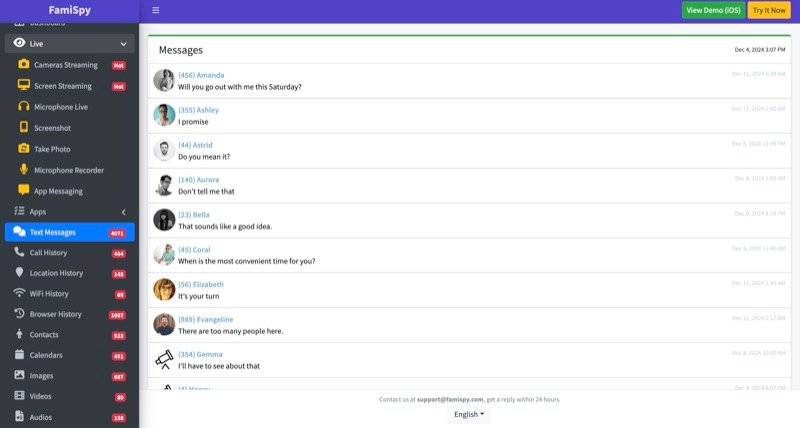
What Are Other Meanings of OTP?
While One True Pairing is the most common usage of OTP in teen slang, the acronym has other meanings in different contexts. It’s important to understand these other uses, especially for parents or anyone trying to understand teen conversations more fully. Here are a few notable alternative meanings:
1. One-Time Password
In the world of technology and online security, OTP stands for One-Time Password. This is a type of security measure used to verify a user’s identity. One-time passwords are typically generated by a system and sent to a user’s phone or email, and they’re used to log into accounts or complete transactions. This usage is often seen in contexts like online banking, email security, or two-factor authentication.
For example, a teen might receive an OTP via text while logging into a social media account or completing an online purchase. In this case, it is entirely unrelated to relationships or pairings but rather pertains to security and safety measures in the digital world.
2. Optimal Time Period
In some professional or technical settings, OTP can also refer to Optimal Time Period. This usage of OTP is common in business, marketing, and data analysis, where it refers to the best or most efficient time frame to complete a particular task or activity.
For example, in marketing, a company might identify the OTP—the best time to run ads for maximum engagement. While rare in teen conversations, it can have different meanings depending on the context.
3. On The Phone
Another potential meaning of OTP is On The Phone, which is sometimes used casually in text conversations. Teens might use this version to tell their friends that they’re currently busy with a phone call.
For example:
- “I can’t talk right now, I’m OTP.” This usage is relatively informal and is typically seen in situations where someone is letting others know they’re preoccupied.
Conclusion
In conclusion, OTP has become an essential part of teen communication, offering a way to express admiration for ideal couples, whether real or fictional. It represents everything from romantic love to deep friendships, allowing teens to bond over shared interests and ideals. While OTP has evolved beyond its fandom origins, it remains a powerful tool for expressing emotions and creating connections.
For parents, staying informed about teen slang like OTP is crucial in understanding how their children communicate. Tools like FamiSpy can help parents navigate the world of teen texting and online communication, ensuring that their teens are safe while using slang and engaging with their digital world.
Don’t Miss:



